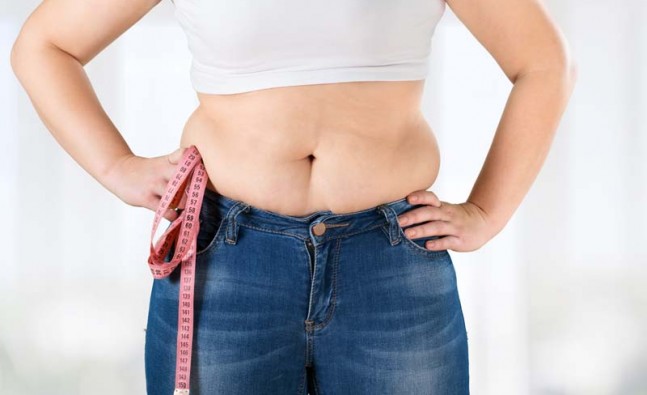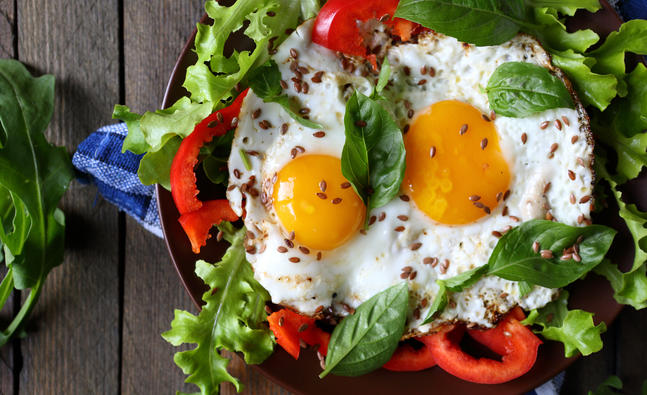Good News for Carb Lovers Trying to Lose Weight
Following a vegan diet is the surest road to weight loss, even if that diet is high in carbohydrates, according to new research published in The International Journal of Applied and Basic Nutritional Sciences.
To examine how different diets stack up against each other, researchers from the University of South Carolina followed 50 participants who were randomly assigned to one of five diets that fell along the dietary spectrum: vegan, pescetarian, vegetarian, semi-vegetarian (omnivorous, but eating very little meat), and full-out omnivorous. After six months, the participants who had been following a vegan diet lost more weight than everyone else by an average of 4.3 percent, or 16.5 pounds.
And get this: The participants who ate a vegan diet got about 55 percent of their calories from carbohydrates, while the rest got 50 percent or less of their calories from carbs.
That’s because they were filling up on the right carbs, explains lead study author Brie Turner-McGrievy, Ph.D., R.D., assistant professor in the Department of Health Promotion, Education, and Behavior at the University of South Carolina’s Arnold School of Public Health.
MORE: What One Nutritionist Ate for an Entire Week (in Pictures)
“Focusing on carbs that are low on the glycemic index [a measure of how strongly a food affects your blood sugar] can help prevent your blood sugar from spiking and then rapidly crashing," says Turner-McGrievy. "That rapid crash leads you to be hungry again very quickly. If you eat low-GI carbs, your blood sugar stays more stable for a longer period of time.” She also notes that vegan diets tend to be lower in fat and calories than those that contain meat and other animal products.
MORE: How to Become a Part-Time Vegan
Whether or not your diet is vegan, though, it’s important to integrate fiber-filled healthy carbs into your weight-loss arsenal. “When we shun carbs, we often shun really healthy foods—like fruits, beans, and whole grains," she says. "It’s important to know the difference between carbs, and the glycemic index can help people with that." To that end, read this easy-to-understand chart from Harvard Medical School that lists the glycemic index scores for more than 100 common foods. (Anything 55 or lower is generally considered a low-GI food, while anything 70 or higher is considered a high-GI food, according to the Mayo Clinic. The lower the score, the less it affects your blood sugar.)
And, while you’re at it, you should check out our handy-dandy list of the best carbs for weight loss.
MORE: 3 Crazy-Tempting Vegan Recipes
-
Reduce visceral body fat with oats
-
6 Things You Can Do on Friday to Prevent Weekend Weight Gain
Ever notice that your jeans feel a little tighter after the weekend? I
-
Make friends with your cravings
-
Sleep reduces snacking
-
Go for black to boost metabolism!
-
4 Simple Cures For Post Menopausal Weight Gain
Among the many changes that come with menopause, weight gain is one of
- DON'T MISS
- Bob Harpers Biggest Loser Win Reaction
- Reduce cravings with meditation
- 10 TIPS THAT MAKE WEIGHT LOSS EASIER
- Losing weight involves paying attention
- Can eating pasta really help you lose weight?
- Make weight loss a part of your daily routine
- Are you feeling left out on your diet?
- Don't Work Out to Lose Weight
- Effective Diet Plan To Lose Weight In 30 Days
- Limit sugar and use spices for weight loss




